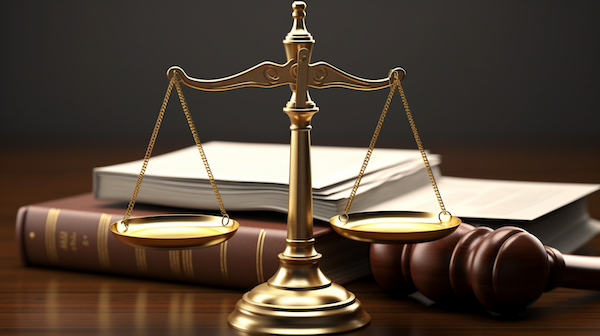
Introduction
Estate planning is a crucial aspect of financial management that often gets overlooked. It involves the preparation of tasks that manage an individual’s financial situation in the event of their incapacitation or death. This includes the bequest of assets to heirs, the settlement of estate taxes and debts, and other considerations like the guardianship of minors and pets.
Why Estate Planning Matters
Estate planning is not just for the ultra-wealthy. Anyone with measurable assets should consider estate planning. Assets that could make up an individual’s estate include houses, cars, stocks, artwork, life insurance, pensions, and debt. Individuals have various reasons for planning an estate, such as preserving family wealth, providing for a surviving spouse and children, funding children’s or grandchildren’s education, or leaving their legacy behind for a charitable cause.
The Basics of Estate Planning
The most basic step in estate planning involves writing a will. Other major estate planning tasks include:
- Limiting estate taxes by setting up trust accounts in the names of beneficiaries
- Establishing a guardian for living dependents
- Naming an executor of the estate to oversee the terms of the will
- Creating or updating beneficiaries on plans such as life insurance, IRAs, and 401(k)s
- Setting up funeral arrangements
- Establishing annual gifting to qualified charitable and non-profit organizations to reduce the taxable estate
- Setting up a durable power of attorney (POA) to direct other assets and investments
The Role of the Executor
The executor, who is officially appointed by the court, is responsible for locating and overseeing all the assets of the deceased. They estimate the value of the estate, pay off any taxes and debt owed by the deceased from the estate, and seek authorization from the court to distribute whatever is left of the estate to the beneficiaries.
Planning for Estate Taxes
Federal and state taxes applied to an estate can considerably reduce its value before assets are distributed to beneficiaries. Therefore, estate planning also involves strategies that can reduce, eliminate, or postpone tax payments.
Estate Planning vs. Will
Estate planning is an action plan that individuals use to determine what happens to their assets and obligations while they’re alive and after they die. A will, on the other hand, is a legal document that outlines how assets are distributed, who takes care of minor children and pets, and any other wishes after an individual dies.
Conclusion
Estate planning is an ongoing process and should be started as soon as an individual has any measurable asset base. As life progresses and goals shift, the estate plan should shift in line with new goals. Lack of adequate estate planning can cause undue financial burdens to loved ones, so at the very least, a will should be set up—even if the taxable estate is not large.
Stay tuned for our next post where we’ll continue to guide you on your path to financial zen.